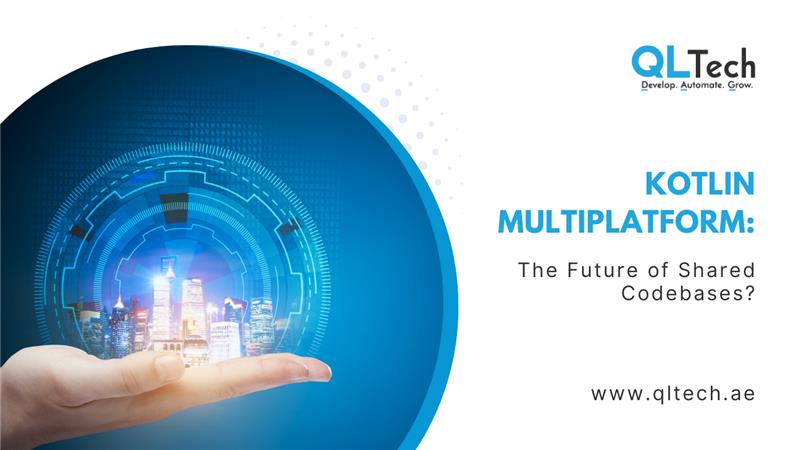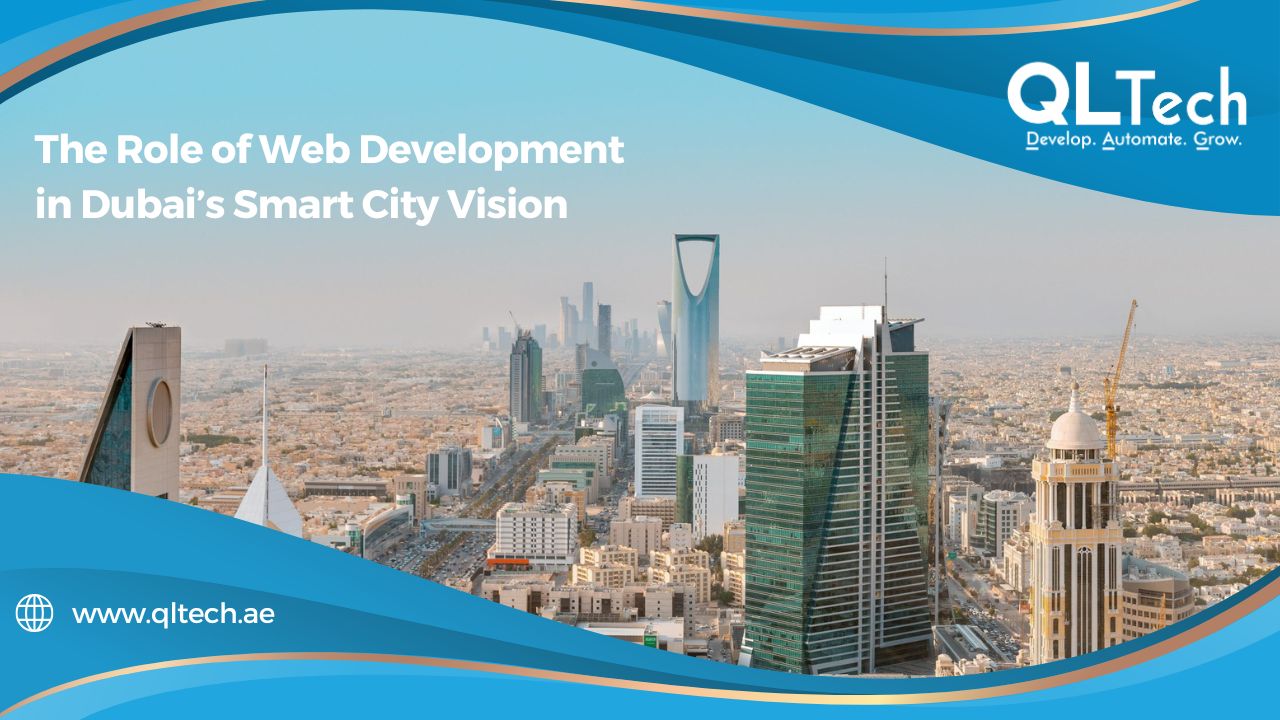Quantum computing, once a concept confined to the realms of science fiction, is now emerging as a revolutionary technology with the potential to transform various industries, including web development. As we stand on the brink of this new technological frontier, it is essential to explore how quantum computing can impact web development, the challenges it presents, and how developers can prepare for the changes ahead. This blog delves into the intersection of quantum computing and web development, highlighting opportunities and strategies for staying ahead in this evolving landscape.

Understanding Quantum Computing
Quantum computing leverages the principles of quantum mechanics to process information in ways that classical computers cannot. Unlike classical bits, which are binary (0 or 1), quantum bits or qubits can exist in multiple states simultaneously, thanks to superposition and entanglement. This unique property enables quantum computers to solve complex problems at unprecedented speeds, potentially revolutionising fields such as cryptography, optimisation, and data analysis.
Quantum Computing’s Potential Impact on Web Development
The integration of quantum computing into web development presents several exciting possibilities and challenges. Here’s how quantum computing could reshape the landscape:
1. Enhanced Data Processing and Analysis
- Quantum algorithms can handle vast amounts of data with high efficiency, offering new ways to analyse and process information quickly. This capability could enhance data-driven web applications, enabling faster and more accurate data analysis and decision-making.
2. Advanced Cryptography and Security
- Quantum computing poses both opportunities and challenges for cybersecurity. Quantum algorithms, such as Shor’s algorithm, have the potential to break traditional encryption methods. Conversely, quantum-resistant algorithms are being developed to enhance security, ensuring that web applications remain secure in the quantum era.
3. Optimised Algorithms and Performance
- Quantum computing could lead to the development of new algorithms that optimise complex tasks such as routing, machine learning, and simulations. This advancement could enhance the performance of web applications, making them more efficient and capable of handling demanding computations.
Preparing for the Quantum Era in Web Development
As quantum computing continues to advance, web developers must start preparing for its implications. Here are some strategies and considerations for integrating quantum computing into web development:
1. Educate and Upskill
- Learning Quantum Computing: Familiarise yourself with the basics of quantum mechanics, quantum computing principles, and current quantum algorithms. Online courses, workshops, and webinars are valuable resources.
- Quantum Programming Languages: Explore quantum programming languages such as Qiskit (IBM), Cirq (Google), or Q# (Microsoft). These languages are designed to write and run quantum algorithms on quantum processors.
2. Embrace Quantum Development Tools
- Quantum Development Kits: Utilise quantum development kits and simulators provided by leading tech companies. These tools enable you to develop and test quantum algorithms on classical computers before deploying them on quantum hardware.
- Hybrid Quantum-Classical Systems: Experiment with hybrid systems that combine classical and quantum computing to solve specific problems. This approach allows leveraging the strengths of both computing paradigms.
3. Stay Updated with Research and Trends
- Follow Quantum Research: Keep abreast of the latest research and developments in quantum computing. Conferences, journals, and online communities are excellent sources of information.
- Collaborate with Quantum Experts: Engage with quantum computing researchers, attend meetups, and join online forums to network with experts in the field. Collaboration can provide insights and accelerate your learning curve.
Real-World Applications and Case Studies
1. Quantum Machine Learning (QML)
- Quantum machine learning harnesses the power of quantum computing to enhance machine learning algorithms. It promises faster training of models, improved accuracy, and the ability to solve complex problems that are currently infeasible for classical computers.
2. Quantum Cryptography
- Quantum cryptography, including quantum key distribution (QKD), offers new ways to secure data transmission. This technology ensures that communication is inherently secure, even against quantum attacks, making it a critical area for future web security.
3. Quantum Simulations and Modeling
- Quantum computing’s ability to simulate molecular and atomic interactions can revolutionise fields such as drug discovery, materials science, and environmental modeling. Web applications leveraging these simulations could provide groundbreaking insights and solutions.
Challenges and Considerations
1. Hardware Limitations
- Quantum hardware is still in its infancy, with limitations in qubit coherence, error rates, and scalability. As hardware improves, so will the practical applications of quantum computing in web development.
2. Integration with Existing Technologies
- Integrating quantum computing with existing web technologies requires careful planning and innovation. Developing standards and protocols for quantum web development will be essential for seamless integration.
3. Ethical and Regulatory Implications
- The rise of quantum computing raises ethical and regulatory questions, particularly concerning privacy, data protection, and cybersecurity. Establishing guidelines and regulations will be crucial to address these concerns.
Conclusion
The advent of quantum computing represents a monumental leap forward in technology, with the potential to redefine the future of web development. By understanding the fundamentals of quantum computing, embracing new development tools, and staying informed about the latest advancements, web developers can position themselves at the forefront of this transformative era. Preparing for the quantum frontier involves continuous learning, collaboration, and innovation, ensuring that we are ready to harness the full potential of quantum computing in shaping the next generation of web technologies.


